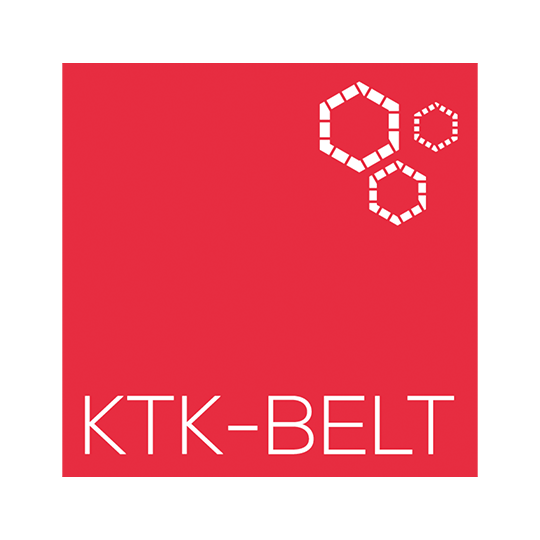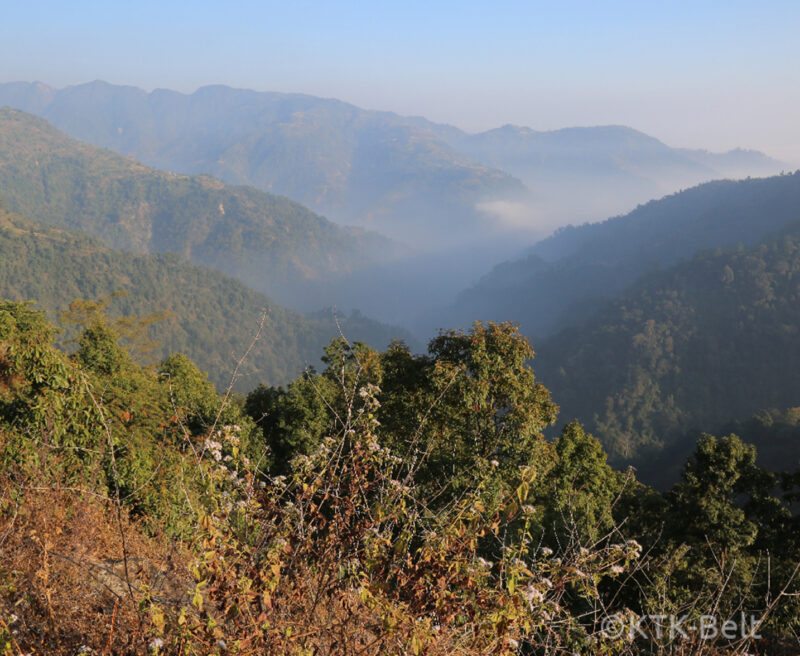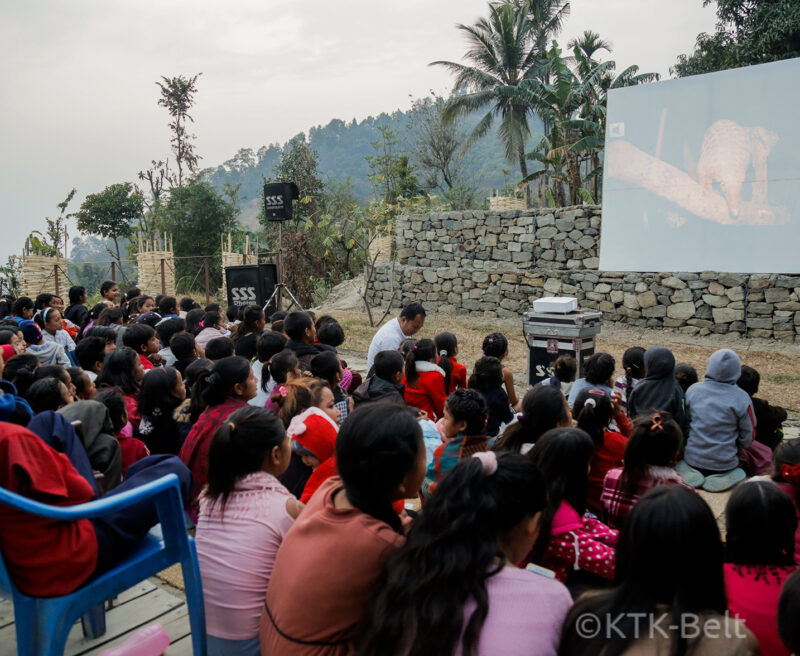Other ActivitiesTo achieve its goal of a Vertical University, KTK-BELT operates in 6 key project sites that support conservation, education and livelihoods in eastern Nepal.
To support conservation, KTK-BELT is creating an online, geotagged database of species and an indigenous knowledge portal. Keystone species research has so far focused on pangolins, with KTK-BELT developing a strategy to promote education and deter illegal trade. Our partner is also helping communities to plant staple crops; establish fruit, nut and spice nurseries; and revive groundwater springs.
KTK-BELT plans for its Vertical University to have six major campuses, and local communities are now being engaged in the stewardship and design of the 22 Learning Grounds. Environmental education is already being provided to local schools, with programmes focusing on outdoor education; plant trails integrating permaculture farms and community forests; and raising awareness about local issues such as poaching and gender discrimination.
The BELT Fellows programme will recruit, train and build capacity for 60 youth fellows to lead in various areas of KTK-BELT’s project, helping them to gain skills including design, IT, environmental policy and eco-tourism. The BELT Farmers programme provides on-site training, technical expertise and much more, obtaining in exchange a commitment from participating farmers to manage their land for conservation.


